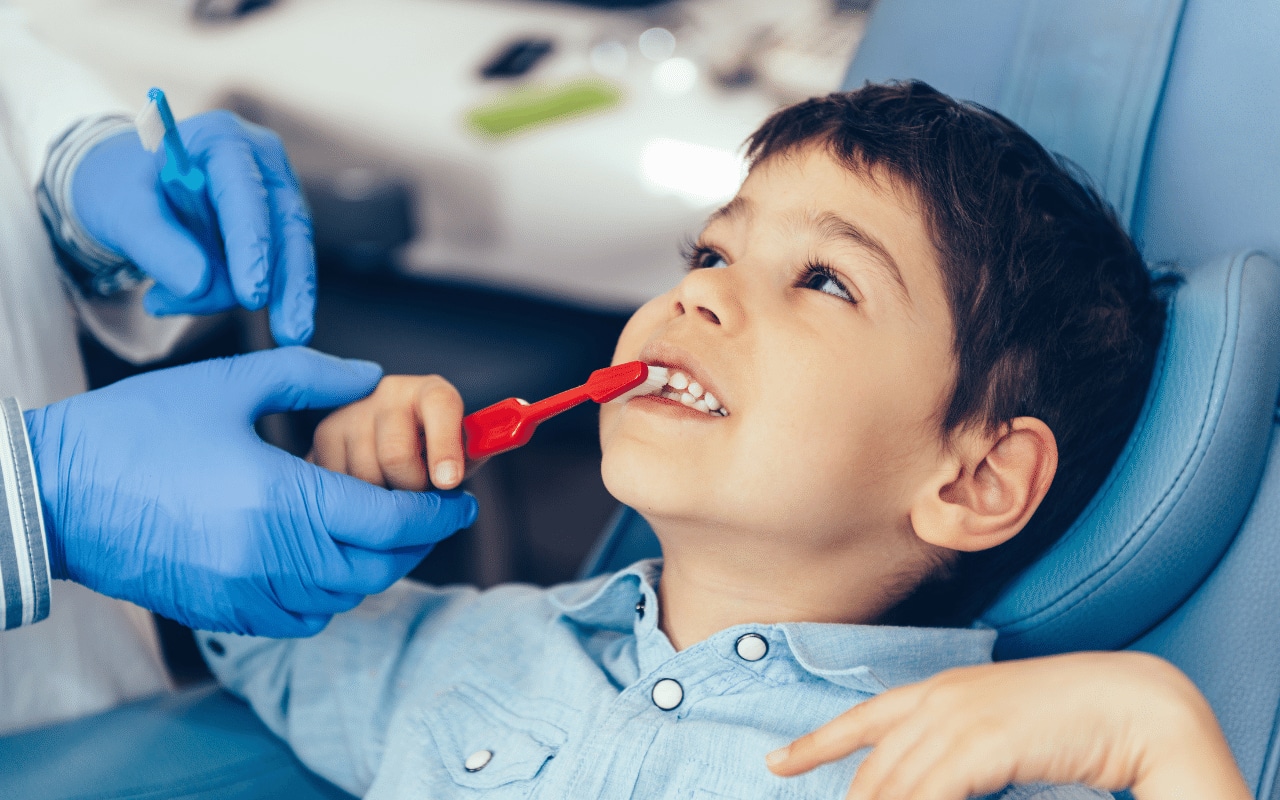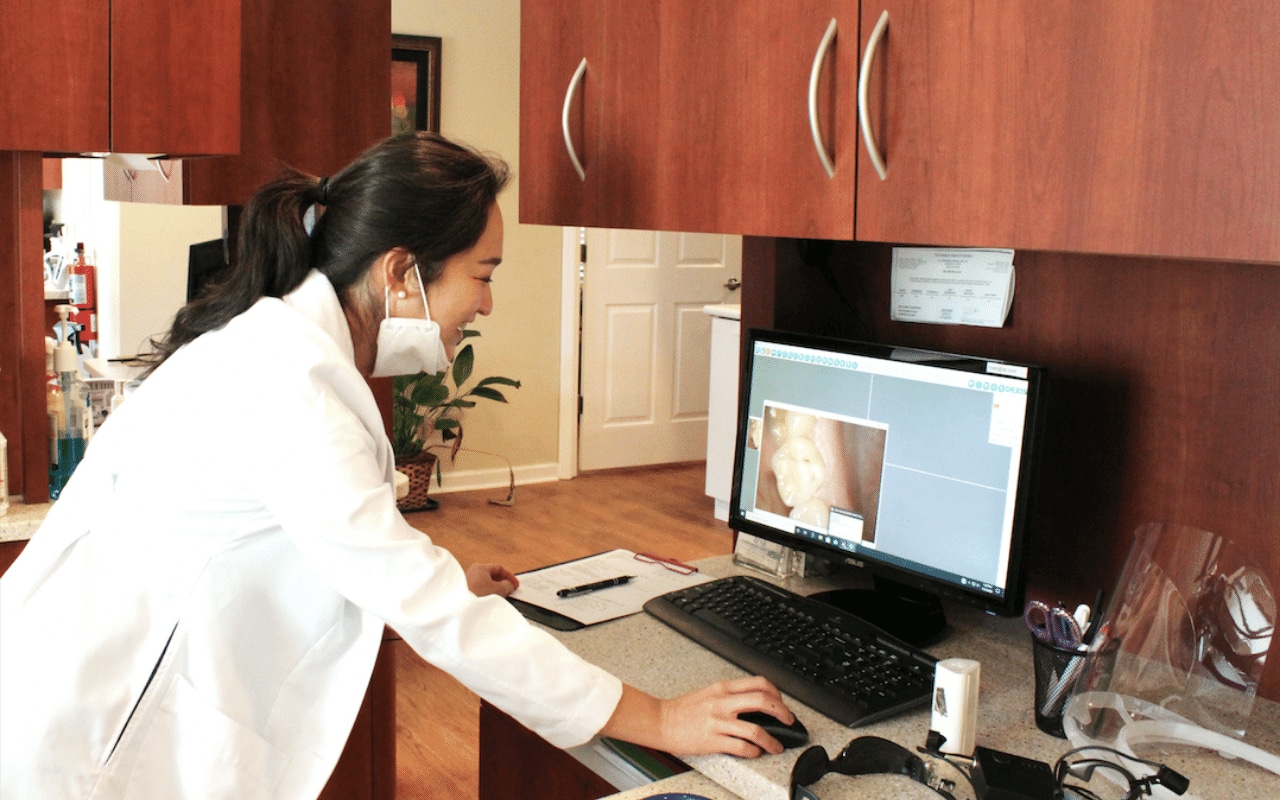Facts About Sedation Dentistry
Facts About Sedation Dentistry in Lexington KY
Some individuals are so afraid of going to their Lexington KY dentist that they refuse to seek treatment for their tooth problems. Needless to say, ignoring the dentist may be detrimental to one’s dental health. As follows, patients who use dental sedation Lexington KY can get the dental treatment they need without feeling worried or unpleasant. Dr. Kim recognizes the value of dental care and is committed to providing patients with a great dental experience. Below, our dental team shares five facts concerning dental sedation. Additionally, these facts are to educate those interested in dental sedation to those who want to reduce their anxiety during their next dentist appointment.
Many Patients Are Eligible
Most patients who want a stress-free dental treatment can benefit from office-based anaesthetic. Adult, pediatric, and special needs patients who suffer from the following conditions are ideal candidates for sedation dentistry:
- Individuals with dental anxieties or phobias.
- Those who experience a lot of gagging when receiving dental work.
- Patients who have difficulty remaining still
Dental Phobia Has Been Around For Centuries, and Sedation Continues to Modernize
To start, dental phobias have existed since the dawn of time. In fact, phobias goes back to 2250 B.C. and has evolved greatly throughout time as dentistry has modernized. Dr. Kim, the best dentist in Lexington KY, explains that dental sedation procedures continue to improve as medical technology progresses, reducing patients’ anxiety at the dentist.
You Won’t Remember Your Procedure
Our Lexington KY dental office explains that the majority of individuals who choose dental sedation have no recall of their operation. So, this is great news for people who have dental anxiety. In addition, it’s good for those who prefer not to remember the specifics of their dentist appointment.
You Can Use Dental Sedation For Longer Procedures
One of the most significant advantages of IV sedation is that it allows patients to undergo more complex treatments in a single consultation. Our friends over at Bookcliff Family Dental, Grand Junction CO dentist, explains that patients can not only receive the care they require, but they can also make the most of their stay. As follows, this is because patients can book multiple procedures in one appointment.
Sedation Dentistry is Customizable
Some people may benefit from modest sedation, while others may require a stronger sedative. The sedation approach chosen for your treatment is determined by a number of criteria. Thus, this includes the intricacy of the surgery and your overall health. To ensure that you receive the specialized care that you require, many sedation options are available. Importantly, these are ranging from a moderate sedative to general anesthesia are available.
Contact our Sedation Dentist Lexington KY Today
If you’ve been searching, sedation dentist near me, you’ve come to the right place! At Park Hills Family Dentistry, we’re here to help you relieve your pain. Contact our team today to book your appointment.









